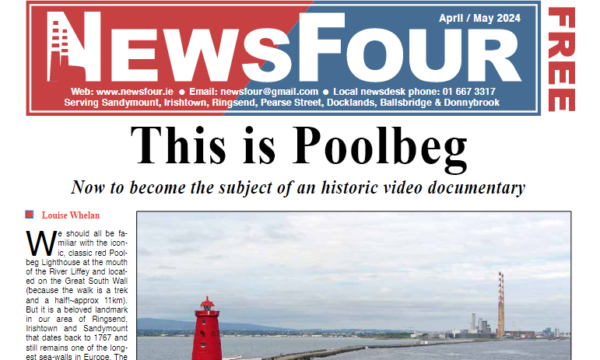Billie Holiday once said; “Never get involved with a black man in music. He will never succeed like he deserves to and he will take it out on his woman.”
A point Ike Turner would go on to horribly illustrate in his treatment of Anna Mae Bullock aka Tina Turner, his wife, muse and punching bag. After the bastardised version of their life story that was What’s Love Got To Do With It, came this jukebox musical, an almost Disneyfied version of their tale of hunger and hardship.
What it did possess though was a leading lady, Emi Wokoma, who was as close as we are ever going to get to experiencing what Tina Turner was like in her prime. And while, as a piece of theatre, it skirted dangerously close to slapstick in its handling of drug and domestic abuse, as musical tribute it was an unbeatable experience.
Opening on Private Dancer at Tina’s infamous comeback concert at The Ritz, it’s all there from the out. The wig. The legs. The stance. The smile. And as the show progressed Wokoma did more than imitate Tina. She developed her.
From the pitchy if impressive backing singer who struggled with Ike Turner’s style on You Know I Love You to the spine tingling growl of A Fool in Love, she captured the growing professionalism, confidence and sexuality of an artist, before solidifying it into the calculated, awkward middle aged sexuality for which Tina made her millions.
She embodied the physicality of an artist who knew how to work it, demanding R-E-S-P-E-C-T as she shook her tail feather, whipping everyone from the stalls to the gods into a full blown frenzy, hocking up the honk in a four track encore of Tina’s earliest solo hits.
Not even the queen herself managed such vocal dexterity in the course of one evening. Whenever she revisited her earlier Revue hits in concert, she lathered them in that horrible, driving Rock and Roll that lined her coffers. But, backed by a terrific live band and the exuberant ìIkettesî here, the varying styles, both musical and aesthetic, that marked The Revue out was captured in ways that satisfied the pallets of both solo and hardcore fans.
Ike Turner was less well served. It took an admirable stab at taking back his character from the coked up boogieman portrayed by Laurence Fishbourne. But too much of this was done through Tinaís light voiced reflections, leaving Chris Tumming to mouth deluded, paranoid and poorly penned spiels on feminism.
His violence is sanitized to such an extent that the straw that broke her back, the infamous fight in Dallas, actually raised the roof, with shouts of ìGo on, Tinaî from the mostly middle aged mammies in the crowd, acting more like over enthused GAA fans than horrified audience members. Her suicide attempt was also played for laughs, while his own redemption after his prison spell was ignored completely.
Tina, more than most, made her name on her electrifying live performance and in this area Soul Sister excelled. Emi Wokomaís explosive presence makes this a must see for soul fans while the sheer power of every part of the delivery more than made up for the shakier dramatic elements.
By Caomhan Keane



